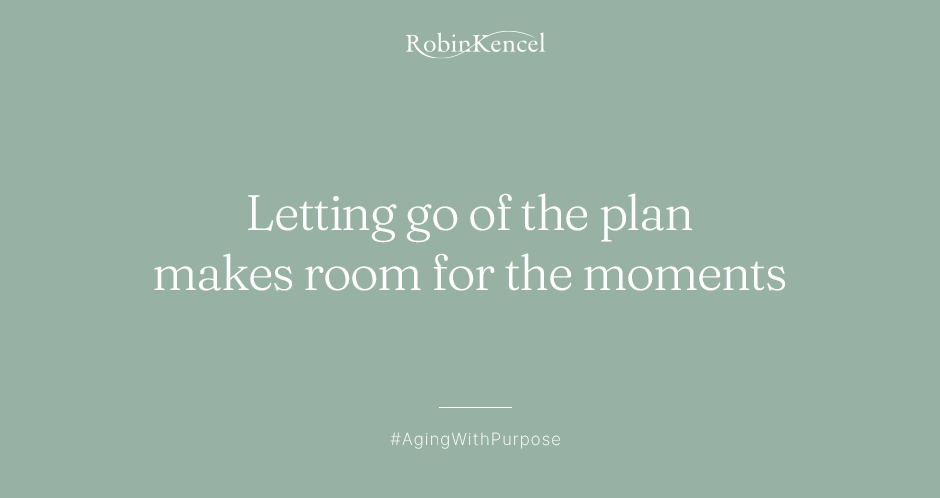Robin’s Writings
Experiences That Shape

I just spent the weekend with our 34-year-old son. Let me pause here and say that while there was once a time in his life when I was the main event—center stage, spotlight, standing ovation—that time is now solidly in the rearview mirror. He is, quite undeniably, an adult.
Now, that may seem obvious. Of course he’s an adult, you’re thinking. But you’d be surprised at how many of my peers admit—over coffee, over wine, over texts they shouldn’t be sending—that shifting your mindset to “my child is an adult” is harder than it sounds. It’s not just the passage of time. It’s the fact that while our kids are aging into their own wisdom, we’re also still collecting ours like frequent flyer miles. And naturally, we want to share it. The trouble is: no one asked.
Eventually, every young adult reaches a moment where they want to figure it out themselves—even if it means walking directly into the proverbial brick wall. Repeatedly. And then Instagramming it.
One of my go-to phrases with my kids is just five simple words: “How can I be helpful?” It’s the emergency exit out of the Advice That No One Wanted zone. It shifts me into something potentially useful, or at the very least, less annoying. That phrase, and the follow-through, often lead to conversations—not lectures. Just the kind of back-and-forth that lets them hear their own thinking out loud, while I practice the ancient art of shutting up.
But on this particular weekend, that phrase never made an appearance. This was a loosely structured celebration following my son’s graduation from a master’s program. The weekend had all the hallmarks of spontaneity: vague plans, unexpected detours, and a notable absence of printed itineraries. For someone who believes in reservations and backup snacks, it was mildly terrifying.
Still, I learned a few things by going along for the (often unpaved) ride:
- There are gifts in moments I would’ve planned right past.
- Stepping into uncomfortable—but safe—situations is a surprisingly good way to practice flexibility. (Not yoga. Emotional.)
- Following someone else’s plan gives them room to shine, while I learn how to stop narrating the journey.
It turns out, letting go of the script doesn’t mean letting go of the connection. Sometimes, the best role to play is the one with the fewest lines and the most presence. And honestly, it’s kind of a relief.